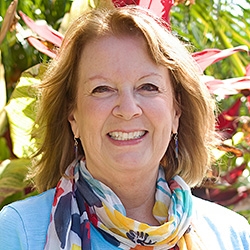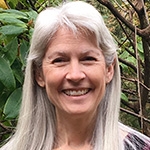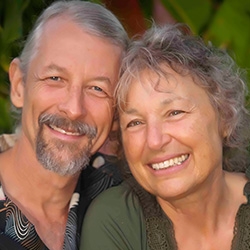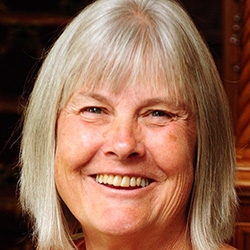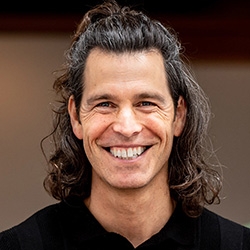
NVC Resources on Empathy
-
Let this inspiring video guide you through exercises as if you are actually present at the workshop with Mary Mackenzie! The video opens with Mary leading you through an exercise that generates a physical experience of the NVC consciousness.
-
In this dynamic 4 session telecourse recording, Kelly Bryson provides practical skills to balance passion for self with compassion for others. You will learn to apply Nonviolent Communication to stop yourself from being intimidated, giving in or giving up, abandoning your own needs or resenting others.
-
Are we really safer when we put those who harm others behind bars and forget about them? Explore turning our prisons into houses of healing and creating connections that lead to greater safety for our communities.
-
Miki Kashtan hosted Living Room Radio Show on KPFA Radio 94.1FM in Berkeley, California, USA. Listen as she works with a a woman whose relationship is challenged by what happens when her lover drinks. In this segment, Miki encourages the caller to get support for her stress, find an outlet for it and receive empathy. Miki addresses the challenges of addiction, the self-judgment of trying to meet needs by drinking and the pain this causes for everyone involved. She further suggests that the caller try to connect to the needs he is trying to meet by drinking, and to identify those that are actually being met and those that aren’t.
-
Join veteran Mediators and Facilitators, Jori and Jim Manske in using Nonviolent Communication and mediation skills for transforming conflict into connection between yourself and others.
-
This gentle, healing telecourse recording will assist you in unearthing feelings and issues that have become tangled up with loss, enabling you to face whatever is blocking your grief.
-
This is an opportunity to explore/transform a limiting belief you have about yourself using what science is discovering about neurobiology. A limiting belief is simply an idea or thought we have about ourselves/life that we or others have affirmed over and over again – these ideas usually get in the way of living life fully.
-
In our internal conversations, some voices dominate others, which can leave us feeling fragmented or overwhelmed. But when we dive beneath the surface and really listen to our many parts, we connect vulnerably to our full humanity.
-
Does your inner dialog sound supportive and encouraging - or more like you’re being yelled at by a critical task-master? Gain an understanding of the neuroscience of the left and right hemispheres of the human brain and locate just where this savage inner voice is coming from and how to respond to it with empathy.
-
In Yoram’s 2021 course, participants delved deeper into their NVC practice so they were better prepared to meet conflict head-on. In this 5-session series, Yoram explores: the power of empathy to change the trajectory of heated conversations embracing the internal conflicts of the different parts of ourselves how to approach differing views peacefully the use of NVC to help let go of judgments how to confidently ask for what you want

